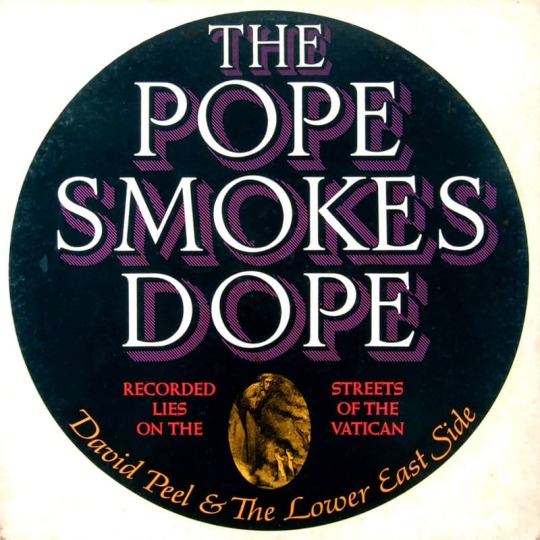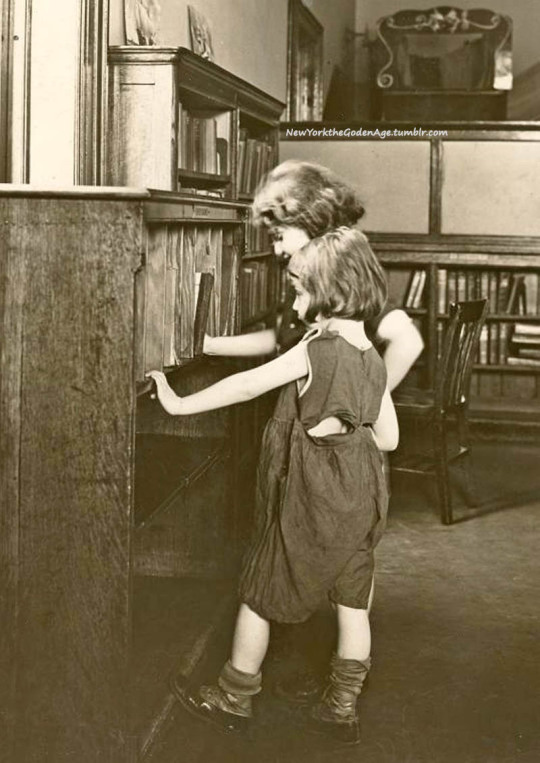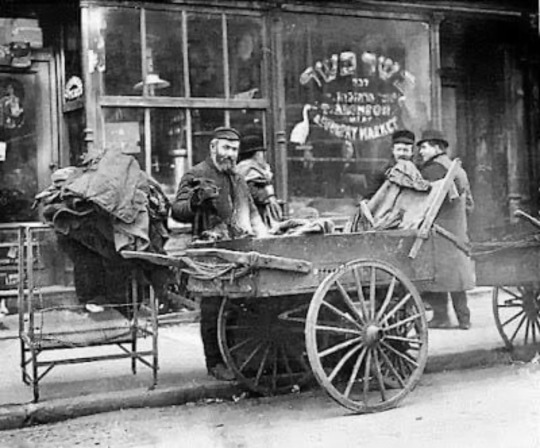#the lower east side
Explore tagged Tumblr posts
Text
David Peel and the Lower East Side - I'm a Runaway (Outtake), 1970.
#david peel#the lower east side#david peel and the lower east side#i'm a runaway#1970#the american revolution
5 notes
·
View notes
Text
153: David Peel & The Lower East Side // The Pope Smokes Dope

The Pope Smokes Dope David Peel & The Lower East Side 1972, Elektra
youtube
There’s little point in my trying to explain the significance of David Peel when Jeffrey Lewis’s “The Complete History of Punk Rock and Its Development on the Lower East Side, 1950 to 1975” exists. Give that a watch and let Lewis walk you from Harry Smith’s Anthology of American Folk Music to Richard Hell’s “Blank Generation” in 8:23. Around 3:40 and 4:50 in the medley Peel shows up, credited by Lewis as the innovator of what we now as recognize as the sound of electric punk with the song “Lower East Side” from his 1970 album The American Revolution.
The ‘60s were a wild time. Peel was a Puerto Rican-American street musician who would holler pro-weed, anti-war songs on the sidewalk while banging on an acoustic guitar—so of course he ended up signed to Elektra Records. A few years later John literal Lennon took a shine to him and signed him to the Beatles’ Apple Records, co-producing his third LP The Pope Smokes Dope with Yoko Ono. Despite Lennon and Ono’s involvement, Pope sounds just like Peel’s first two records: a couple of freak folk / proto-punk raveups; some Country Joe & The Fish-esque musical skits (including a long bit on the variable uses of the word ‘Fuck’ that anticipates some highly-forwarded emails from the Web 1.0 era); and his usual ‘legalize it!’ protest tunes. New to the mix are a few gaptoothed odes to his heroes, the best of which is the adorably capering “The Ballad of New York City/John Lennon • Yoko Ono,” which sounds like a song the Trash Can Man would write for Randall Flagg after being given a high-rise condominium to burn down.
youtube
Even as he condenses decades of musical development into a few minutes, Lewis takes the time to point out that Peel was a prototypical hippie as much or more than he was a punk, and half of the songs on any given Peel album are not good. That holds true for The Pope Smokes Dope, which delights in using a spoon to fling baby food at The Man but gets at least as much goop on itself. Your mileage with this will vary based on your tolerance for hippie culture as a whole, but to me it’s redeemed by the fact that Peel is very clearly the sort of hippie who wasn’t going to cut his hair and become a realtor. It helps too that the album very successfully pissed off a broad coalition of the sorts of people you want to see pissed off, trolling having once been the proper province of the left wing rather than the right.
153/365
#david peel#the lower east side#yoko ono#john lennon#'70s music#hippie music#proto punk#freak folk#legalize it#jeffrey lewis#anti folk#punk history#music review#vinyl album
3 notes
·
View notes
Text
My local queer bookstore is being threatened with eviction over their free narcan and fentanyl test strips, free store for the unhoused, and free narcan trainings.
Bluestockings is an incredible worker-owned community space that has been apart of the Lower East Side for 25 years. But in the last couple years, they've faced increasing harassment from the wealthier neighbors moving in and complaining about the presence of unhoused people around their store front. Despite all their community work being allowed by their lease, the landlord is pushing for an eviction.
Please help support Bluestockings! Visit them (if you're local), order books online, donate! We need more queer and community-oriented spaces, not another overpriced coffee shop or chain franchise.
#lgbtqia#lgbtq community#queer community#bookstore#mutual aid#nyc#lower east side#indie bookstore#support queer business#gentrification
3K notes
·
View notes
Text

Two young readers in the Seward Park Public Library on the Lower East Side, ca. 1925.
Photo: NYPL
#vintage New York#1920s#children's library#library#public library#Seward Park#children in library#vintage Lower East Side
260 notes
·
View notes
Text

Drawing on the sidewalk, Lower East Side, New York, ca. 1938 - by Rebecca Lepkoff (1916 - 2014), American
329 notes
·
View notes
Text

Streit's Matzo Factory, Lower East Side, c. early 1960s
257 notes
·
View notes
Text

January 1943. "New York, New York. Italian-Americans on the Lower East Side of Manhattan. Italian grocery store owned by the Ronga brothers on Mulberry Street."
Acetate negative by Marjory Collins for the Office of War Information
View full size.
243 notes
·
View notes
Text

William Carter - Kids Playing Lower East Side, NYC 1963
168 notes
·
View notes
Photo

Shuang
Oct 29, 2022 ∙ Lower East Side
#nyc looks#street style#street fashion#street snap#shuang bright#xialongbby#gem finds#online vintage#gem app#gem search#lower east side
2K notes
·
View notes
Text

Mousey’s Bar on Avenue C and 13th Street, NYC (1976)
#mouseys#new york city#avenue c#east village#bar#vintage nyc#1970s photography#1970's nyc#black and white photography#photograph#photography#photo on tumblr#photo of the day#13th street#lower east side#alphabet city#nyc#nyc bar#new york city bar#bars#dive bar#vintage photography#1976#art#artwork#artists on tumblr
138 notes
·
View notes
Photo


Keith Haring photographed by Eric Kroll at the Fun Gallery in the East Village, 1983.
#keith haring#pop art#pop culture#graffiti#artist#1980s art#1980s#nyc#east village#lower east side#new york city
691 notes
·
View notes
Text
The Jewish mark on iconic Irish cuisine:
Corned Beef and Cabbage is a popular dish among Americans on St. Patricks Day. Traditionally, in Ireland, cabbage was and is paired with pork bacon.
However, during the 19th century, as Irish immigrants moved to the U.S., they discovered there was a lower-cost meat alternative to pork. It was their Jewish neighbors who introduced the cured meat and Kosher butchers to the community when they noticed some similarities in the two salty meats. Cooking the corned beef together with cabbage proved to be a low-cost and delicious solution; and the rest is history.

#irish#Irish antisemitism#antisemitism#israel#secular-jew#jewish#judaism#israeli#jerusalem#diaspora#secular jew#secularjew#islam#corned beef and cabbage#corned beef#cabbage#jewish history#lower East side#cuisine#food#Irish food#Irish cuisine#st patricks day#st pattys day
105 notes
·
View notes
Text

Katz's Deli, 183 Ludlow St. (at Houston), June 1, 1932. Founded in 1888, it is famous for its pastrami on rye sandwich. When the Yiddish Theater was in its heyday, Katz's was a popular hangout for the actors.
Photo: Historic NYC Instagram
#vintage New York#1930s#Katz's Deli#Jewish deli#delicatessen#Lower East Side#pastrami#pastrami sandwich#vintage NYC
214 notes
·
View notes
Text

Moving man, Pitt Street, Lower East Side, New York, 1938 - by Walter Rosenblum (1919 - 2006), American
248 notes
·
View notes

